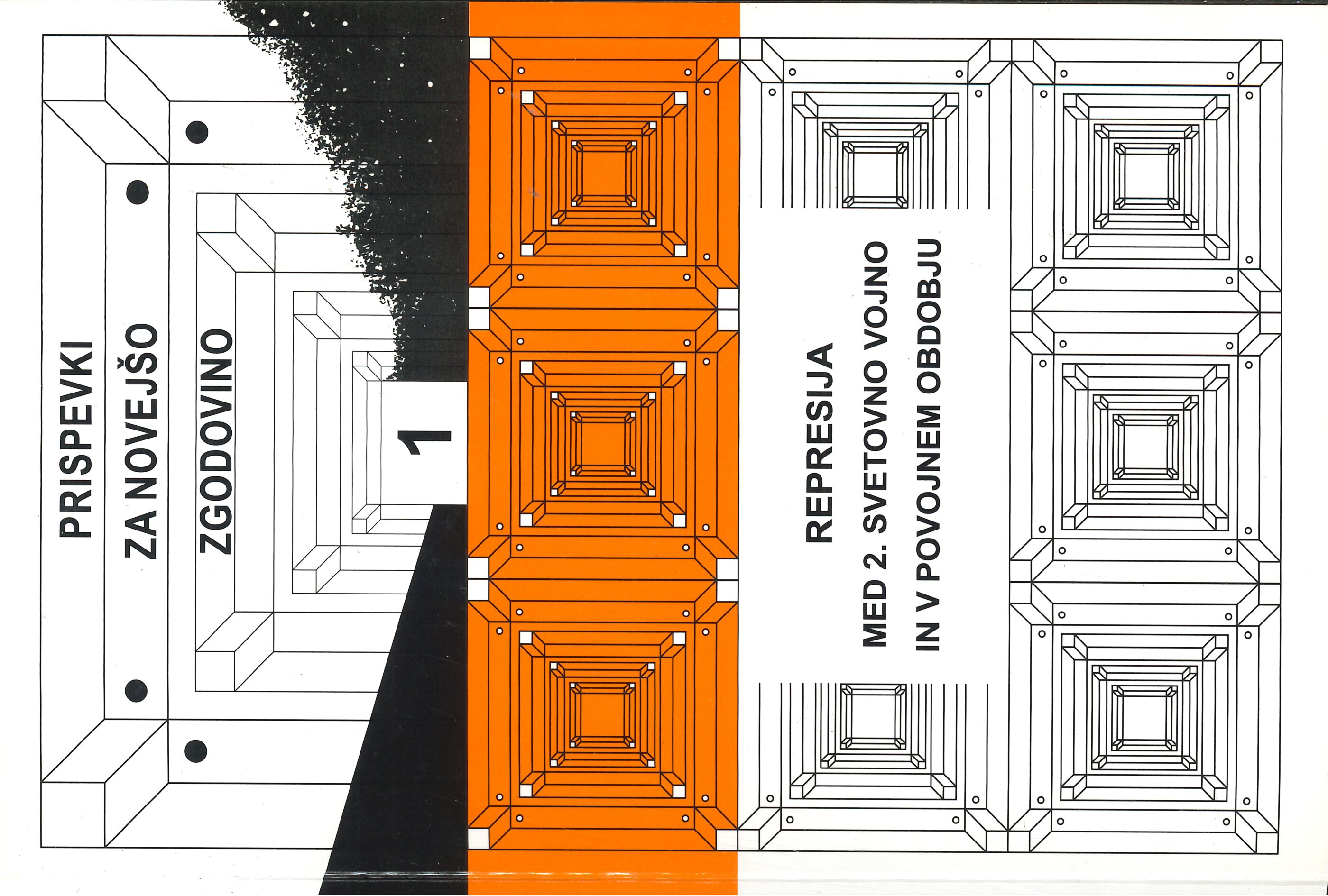Represija nad pripadniki nemške manjšine na Hrvaškem, v Bosni in Hercegovini ter Vojvodini, 1944–1948
Keywords:
Croatia, Bosnia and Herzegovina, Vojvodina, German minority, Volksdeutsche, communist authorities, repressionAbstract
REPRESSION AGAINST THE MEMBERS OF THE GERMAN MINORITY IN CROATIA, BOSNIA AND HERZEGOVINA, AND VOJVODINA 1944–1948
On the basis of archive materials, press and historiographic as well as other literature, the author describes the incidence and extent of repression against the German minority in Croatia, Bosnia and Herzegovina and Vojvodina at the end of World War II and in the first years after the war. In the end of 1944 and in the beginning of 1945 the partisan movement and the newly established people’s authorities of Yugoslavia started persecuting the so‐called Volksdeutsche (ethnic Germans). The act of the Presidency of AVNOJ (Anti‐Fascist Council of National Liberation of Yugoslavia), adopted on 21 November 1944, also contributed to this, as it declared the members of the German minority as collectively guilty. Subsequently most Volksdeutshe lost their citizen rights, their property was confiscated, while they themselves were interned in the camps and sentenced to years of forced labour. The authorities used the war crimes perpetrated by certain members of the German minority and their disloyalty during the occupation as a reason and excuse for the inhumane treatment of the Volksdeutsche towards the end of the war and immediately after it.
Downloads
Published
Issue
Section
License
Authors who publish with this journal agree to the following terms:
- Authors retain copyright and grant the journal right of first publication with the work simultaneously licensed under a Creative Commons Attribution License that allows others to share the work with an acknowledgement of the work's authorship and initial publication in this journal.
- Authors are able to enter into separate, additional contractual arrangements for the non-exclusive distribution of the journal's published version of the work (e.g., post it to an institutional repository or publish it in a book), with an acknowledgement of its initial publication in this journal.
- Authors are permitted and encouraged to post their work online (e.g., in institutional repositories or on their website) prior to and during the submission process, as it can lead to productive exchanges, as well as earlier and greater citation of published work (See The Effect of Open Access).


